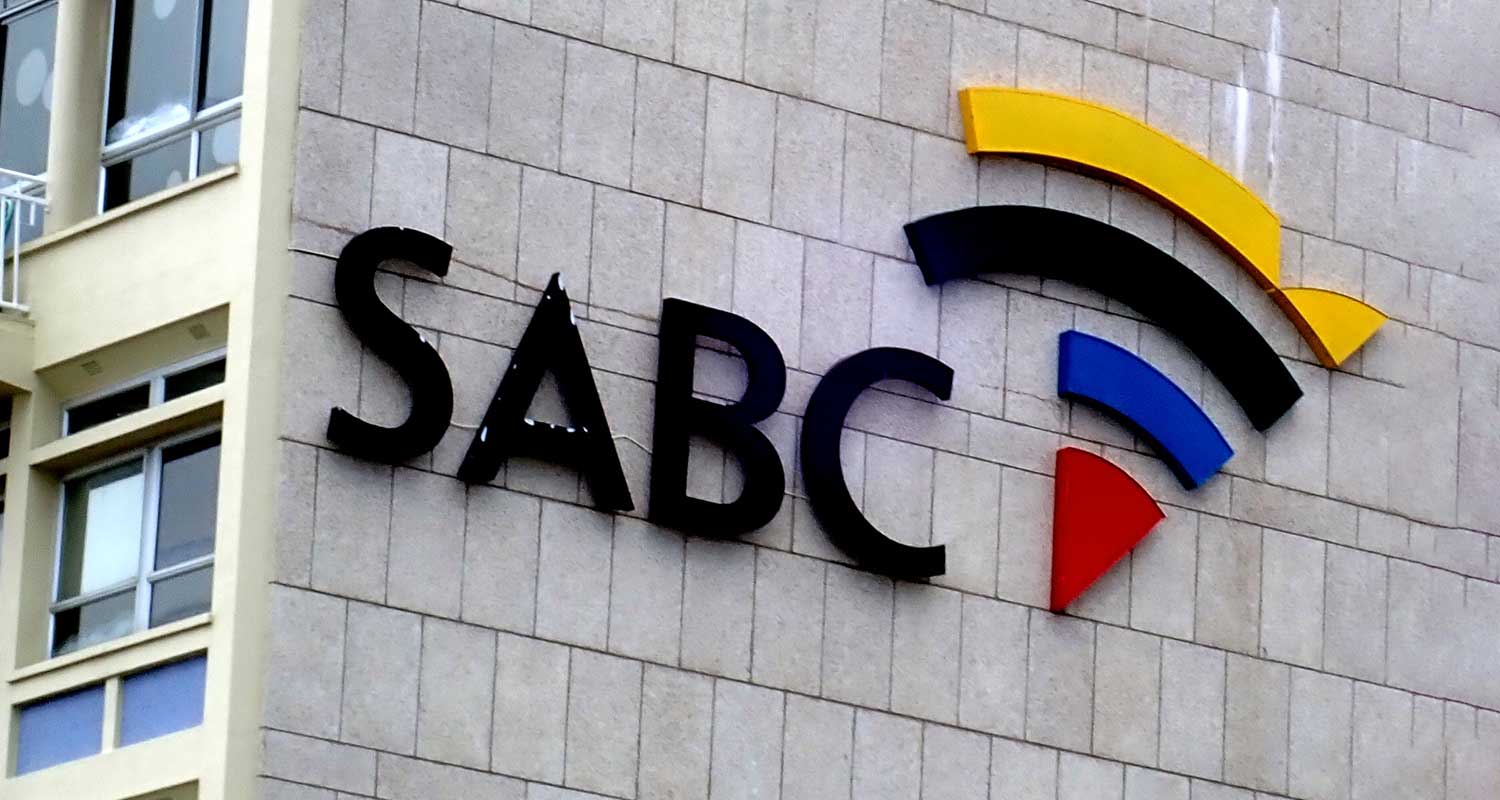
The SABC has blamed SuperSport parent MultiChoice Group for the public broadcaster’s failure to secure free-to-air broadcasting rights for the ICC Cricket World Cup 2023, saying that the pay-television operator “disadvantaged” the public broadcaster in negotiations.
“The SABC has once again been disadvantaged in securing the broadcasting rights of one of the sporting codes classified as a sport of national interest by [communications regulator] Icasa due to the non-affordable sublicensing fees and restrictive conditions imposed by MultiChoice,” the SABC said in a statement on Tuesday in response to a query from TechCentral about the rights.
It apologised to “all cricket fans” and “all South Africans” for not securing the sublicensing rights, reiterating its ongoing commitment to “broadcasting sports of national interest as mandated”.
“This commitment will not be carried out in a manner that is detrimental to the organisation but provide a positive return on investment,” it said.
On Friday, the SABC told parliament that it had reported a net loss of R1.1-billion for the year ended 31 March 2023. This figure grew by R949-million from the previous year.
SABC acting CEO Nada Wotshela outlined the challenges the broadcaster is facing in its annual report.
“Licence conditions for television channels and radio stations require the SABC to offer programming that, while being of value to the public, does not necessarily generate revenue,” said Wotshela.
“There is an obligation for the SABC to broadcast national sports programming, developmental and minority sports in line with the Broadcasting Act, and certain listed sports events in line with the Icasa sports regulations.
“However, the exorbitant cost of sports rights and the limited potential for revenue generation are prohibitive, and result in guaranteed losses.
Read: SABC in last-minute Rugby World Cup deal with MultiChoice
“The SABC has submitted to Icasa the adverse effects of the 2010 sports regulations, which yielded unintended consequences of commercialisation of sports rights, inaccessibility of premium sports content and unreasonable sublicensing conditions of sports rights,” said Wotshela. — © 2023 NewsCentral Media




